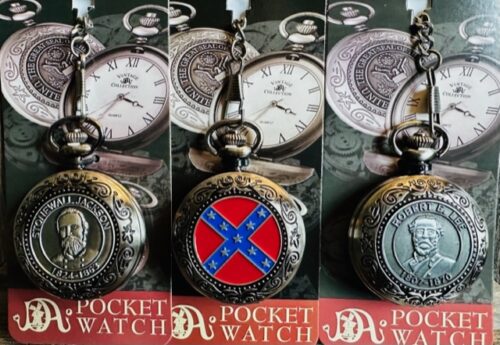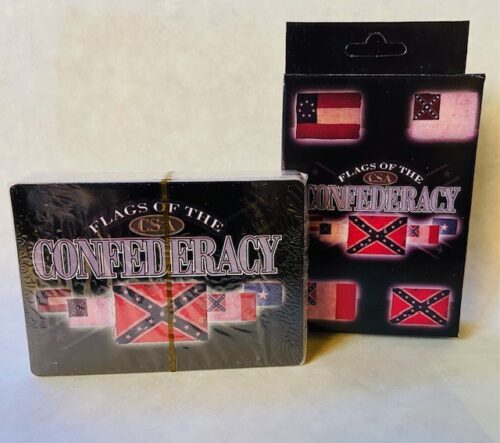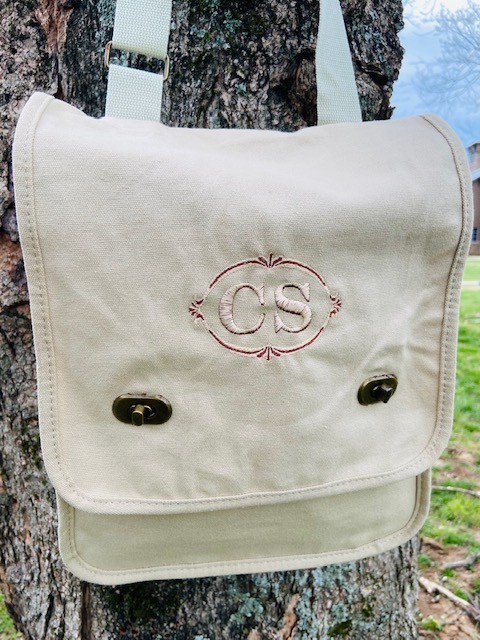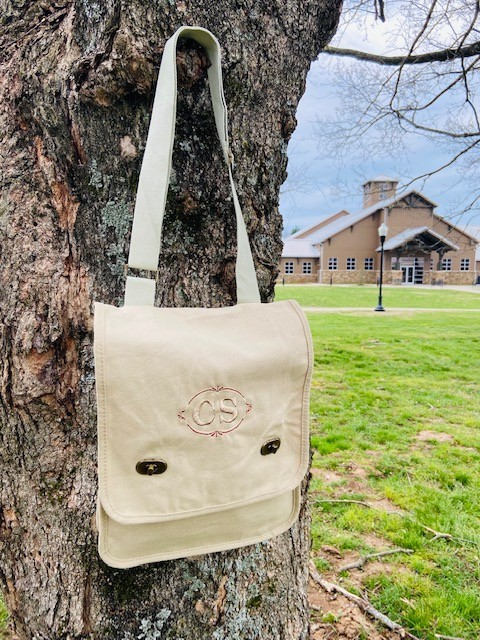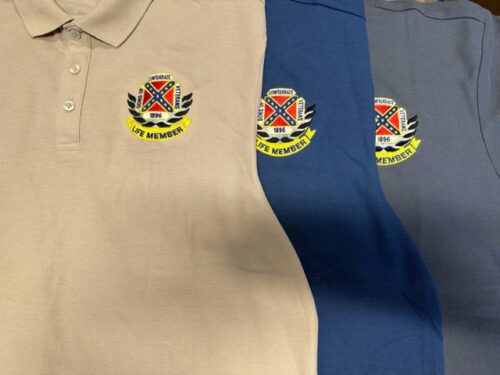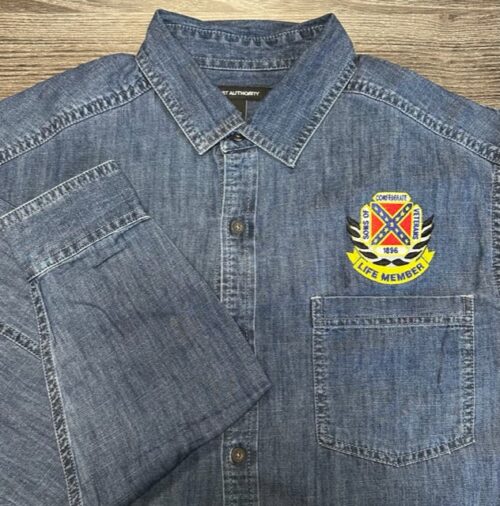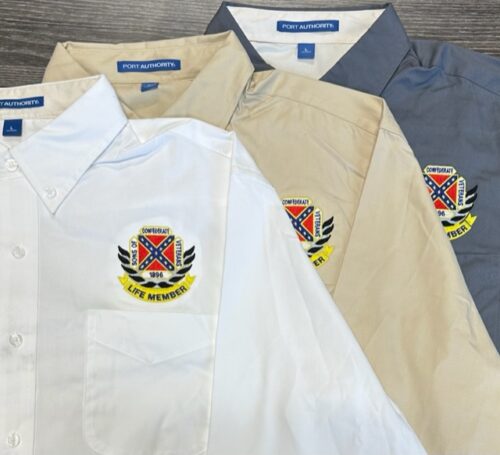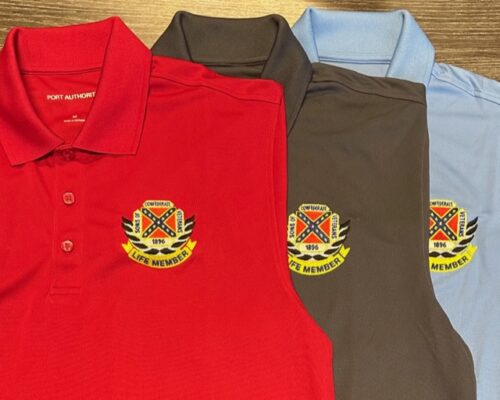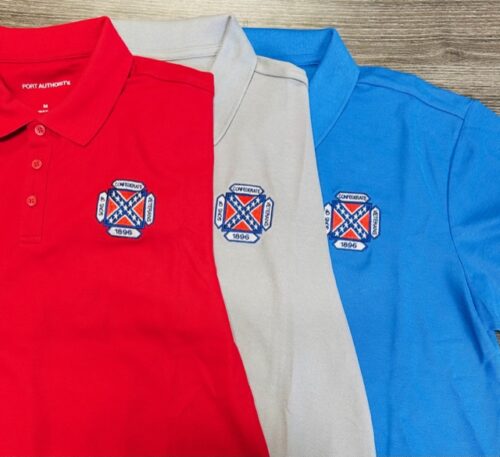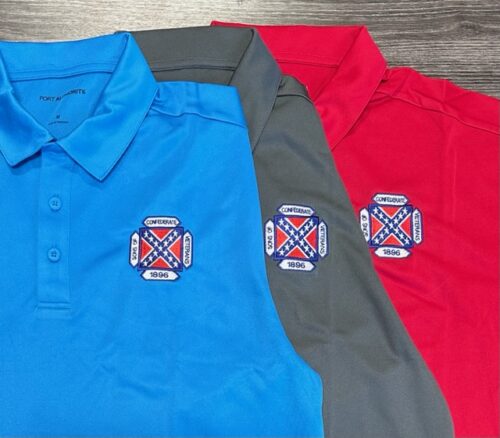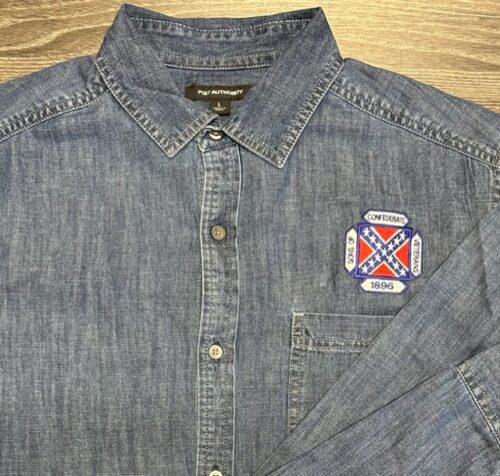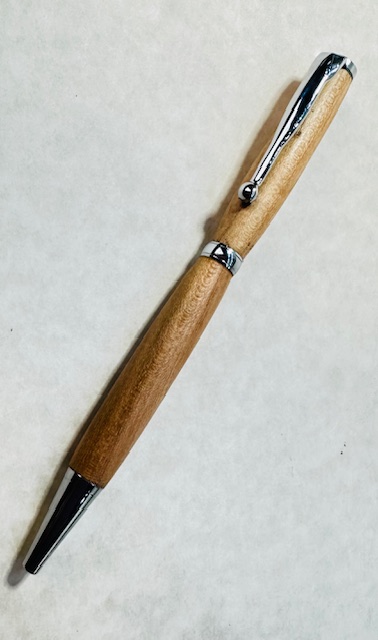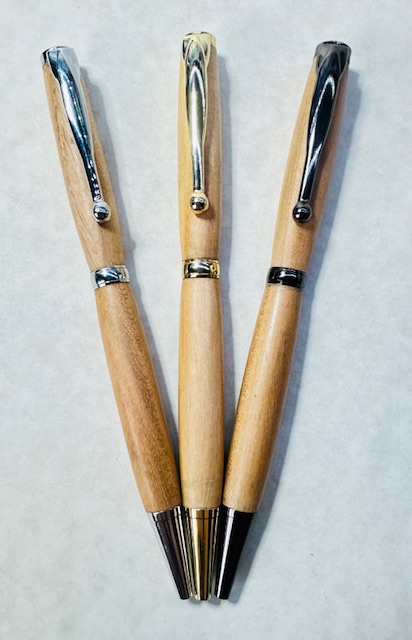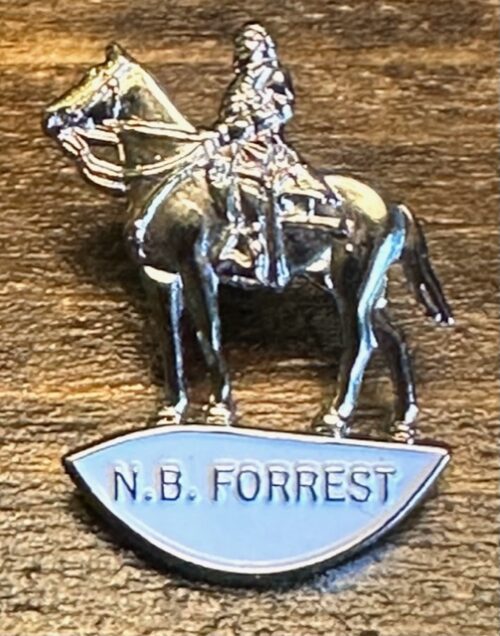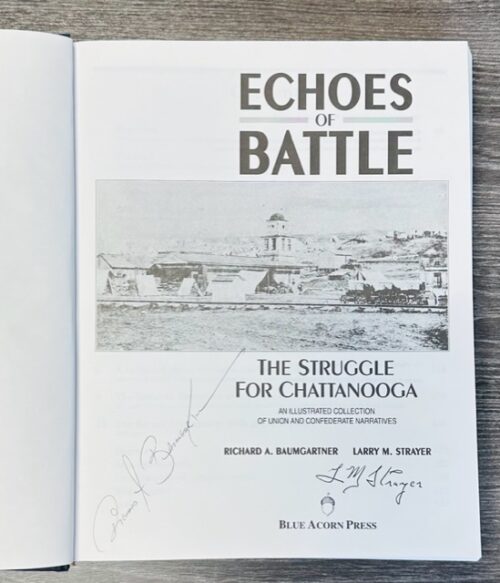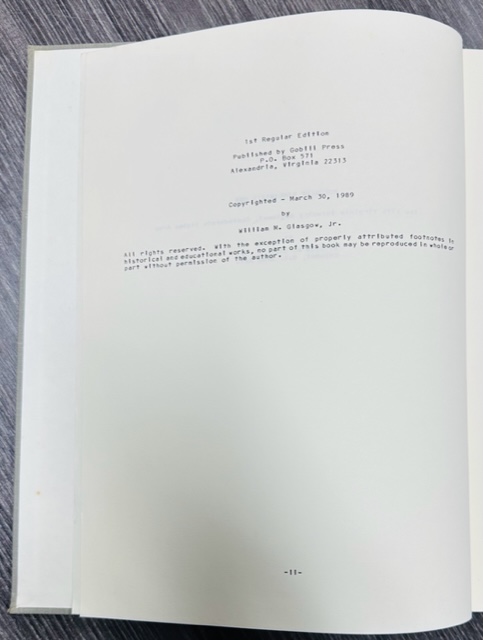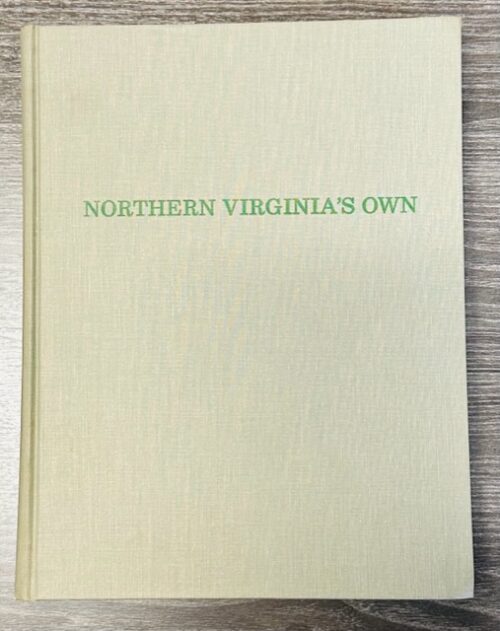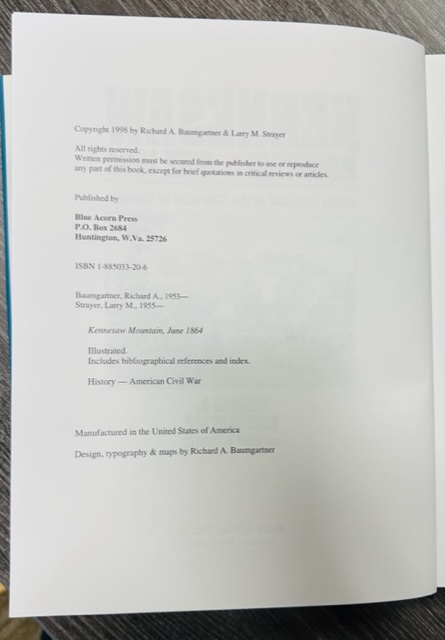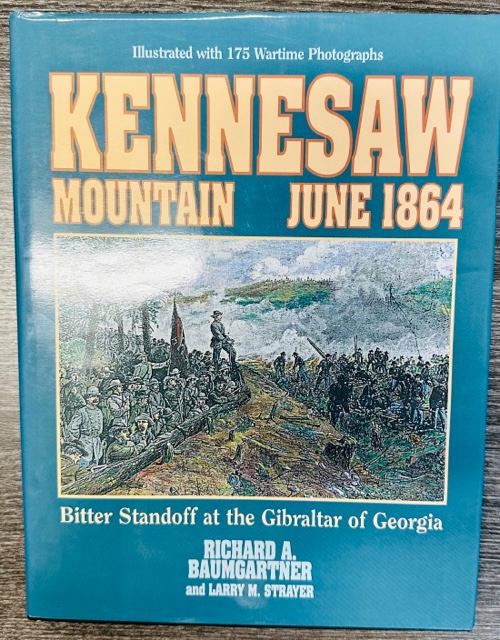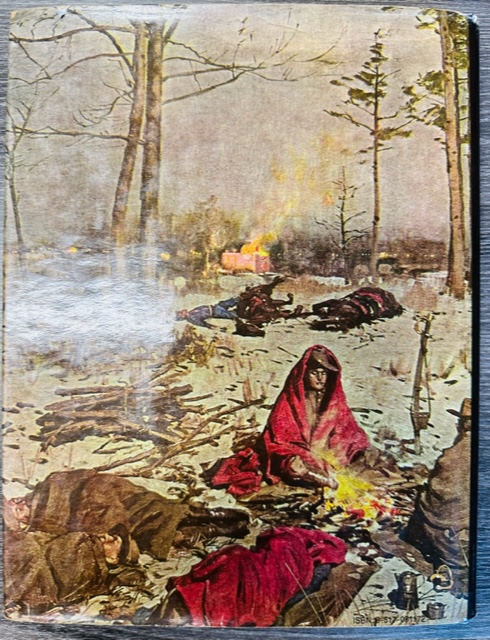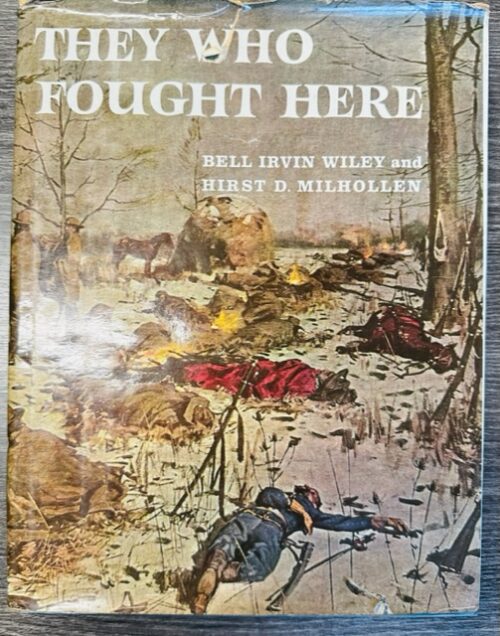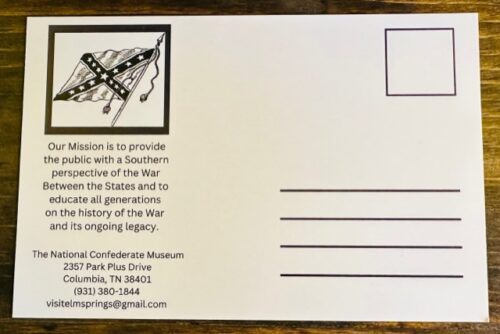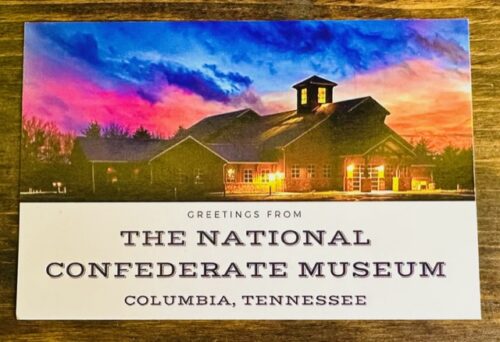-
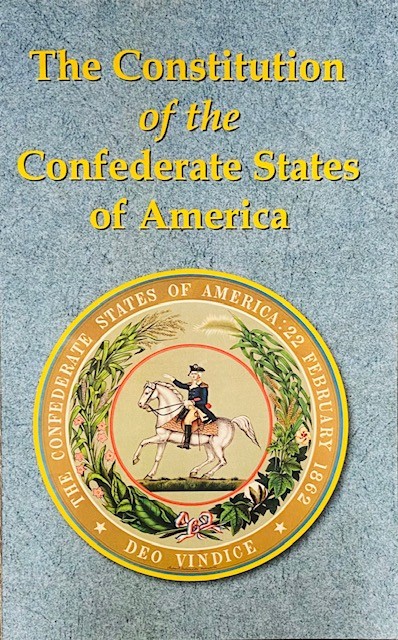 The Constitution of the Confederate States of America was very similar to the United States of America Constitution. And why shouldn't it be? After all, a Southerner, James Madison, was the chief architect of the US Constitution and it was adopted by their forefathers. This was the main reason the states of the South declared their independence and seceded to form their own government. The northern states and the Federal government had strayed from the constitution adopted by their forefathers. Most of the Bill of Rights in the US Constitution was incorporated into the Confederate Constitution. There are other small adjustments and tweaks throughout the document to correct things Southerners felt were in error with the original document and to balance power between the states and the federal government.
The Constitution of the Confederate States of America was very similar to the United States of America Constitution. And why shouldn't it be? After all, a Southerner, James Madison, was the chief architect of the US Constitution and it was adopted by their forefathers. This was the main reason the states of the South declared their independence and seceded to form their own government. The northern states and the Federal government had strayed from the constitution adopted by their forefathers. Most of the Bill of Rights in the US Constitution was incorporated into the Confederate Constitution. There are other small adjustments and tweaks throughout the document to correct things Southerners felt were in error with the original document and to balance power between the states and the federal government. -
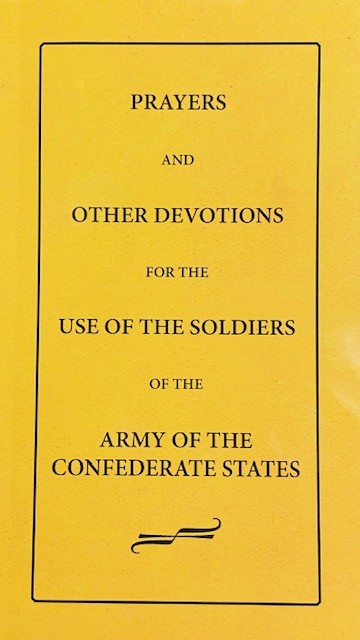 The bedrock of the Southern American culture was that the Bible was indeed the infallible word of the God who created the heavens, the Earth, and all that is therein; and that Jesus Christ is the only means of redemption. Therefore it should not be surprising to anyone that at the beginning of the War of Northern Aggression many of the political, military officers and soldiers were Christians. As a result they knew the great need for those going into battle to possess the Bible, New Testaments, tracts and hymn books, especially for those who were unsaved. It was simply amazing how politicians, army commanders, preachers, churches, chaplains and the people of the Confederacy immediately set into motion whatever was necessary to supply the troops with God's word. --Rev. Dr. Herman White This small prayer book was originally published in Charleston, SC, early in the War to be distributed to Confederate soldiers marching off to war or already in the field. Hopefully this book played a part in bringing comfort to the men in the field as they faced the horrors of war.
The bedrock of the Southern American culture was that the Bible was indeed the infallible word of the God who created the heavens, the Earth, and all that is therein; and that Jesus Christ is the only means of redemption. Therefore it should not be surprising to anyone that at the beginning of the War of Northern Aggression many of the political, military officers and soldiers were Christians. As a result they knew the great need for those going into battle to possess the Bible, New Testaments, tracts and hymn books, especially for those who were unsaved. It was simply amazing how politicians, army commanders, preachers, churches, chaplains and the people of the Confederacy immediately set into motion whatever was necessary to supply the troops with God's word. --Rev. Dr. Herman White This small prayer book was originally published in Charleston, SC, early in the War to be distributed to Confederate soldiers marching off to war or already in the field. Hopefully this book played a part in bringing comfort to the men in the field as they faced the horrors of war. -
 From the authors of THE SOUTH WAS RIGHT! comes a new edition of what one historian calls one of the most important and original histories of the Southern people. PUNISHED WITH POVERTY tells the unvarnished story of the intentional policy of economic devastation and exploitation of the South which has affected all Southerners, both black and white, long after the close of the "Civil War" and "Reconstruction." In fact, the sad legacy of these punitive policies continues to this very day. The over-arching theme of Southern history is not Race, as is conventionally stated, but Poverty - poverty not due to the South's shortcomings but imposed on them by the system under which they live.
From the authors of THE SOUTH WAS RIGHT! comes a new edition of what one historian calls one of the most important and original histories of the Southern people. PUNISHED WITH POVERTY tells the unvarnished story of the intentional policy of economic devastation and exploitation of the South which has affected all Southerners, both black and white, long after the close of the "Civil War" and "Reconstruction." In fact, the sad legacy of these punitive policies continues to this very day. The over-arching theme of Southern history is not Race, as is conventionally stated, but Poverty - poverty not due to the South's shortcomings but imposed on them by the system under which they live. -
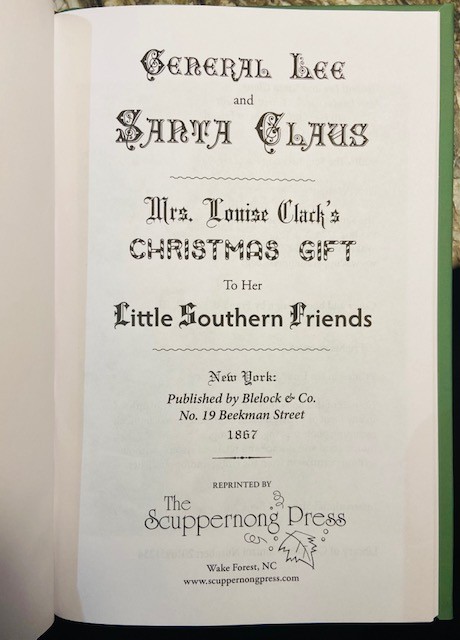
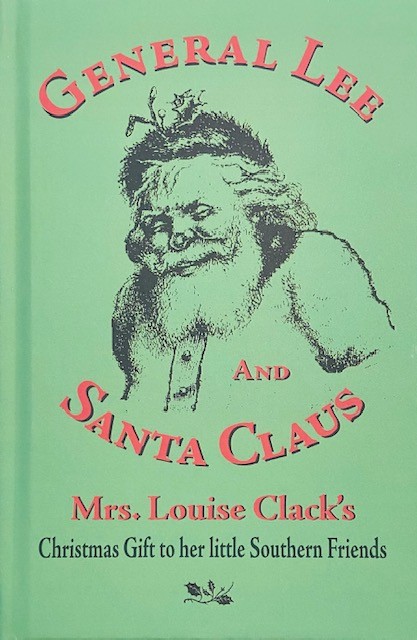 This delightful hardbound children's book was originally published in 1867, a scant two years after the end of the War for Southern Independence. This is the story of three young Southern girls trying to understand why Santa Claus didn't visit the little Southern children during the four Christmases of the War. With the help of their auntie, they ponder this question one afternoon and finally write a letter to General Robert E. Lee, knowing he would be able to answer their question. They decide to put his answer, along with their dreams and other stories, into a book and give it to Santa Claus, so he could sell it for the benefit of the little Confederate children who had lost everything by the War.
This delightful hardbound children's book was originally published in 1867, a scant two years after the end of the War for Southern Independence. This is the story of three young Southern girls trying to understand why Santa Claus didn't visit the little Southern children during the four Christmases of the War. With the help of their auntie, they ponder this question one afternoon and finally write a letter to General Robert E. Lee, knowing he would be able to answer their question. They decide to put his answer, along with their dreams and other stories, into a book and give it to Santa Claus, so he could sell it for the benefit of the little Confederate children who had lost everything by the War. -
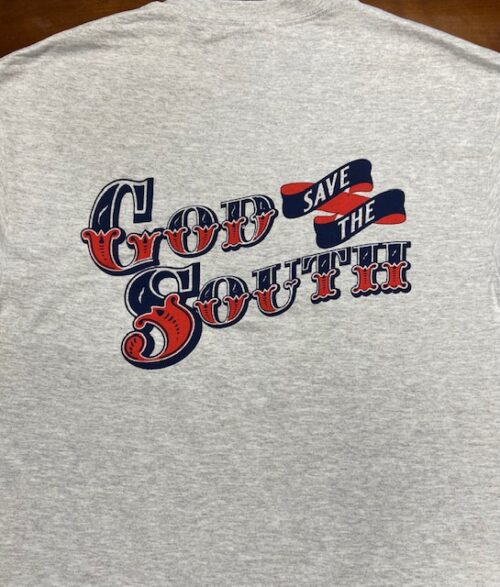
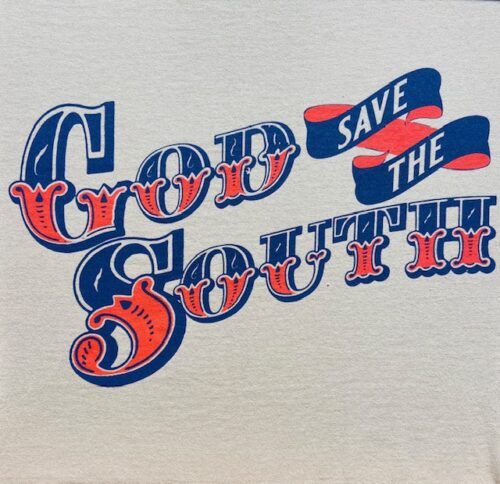 These short sleeve t-shirts are made with 100% USA cotton and are available in heathered gray, cream or butternut. The SCV 1896 logo is screen printed in black on the front pocket. On the back is a beautiful "God Save the South" printed in red and blue. The butternut color is darker in person than it appears in photos. Limited sizing available.
These short sleeve t-shirts are made with 100% USA cotton and are available in heathered gray, cream or butternut. The SCV 1896 logo is screen printed in black on the front pocket. On the back is a beautiful "God Save the South" printed in red and blue. The butternut color is darker in person than it appears in photos. Limited sizing available. -
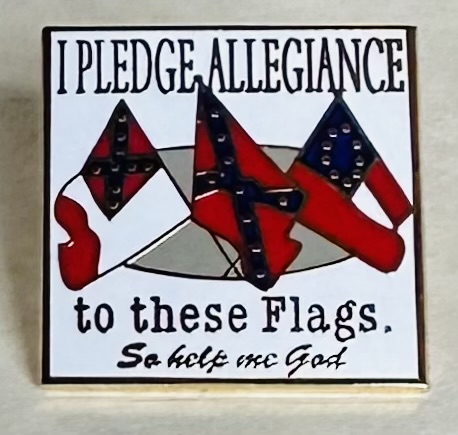
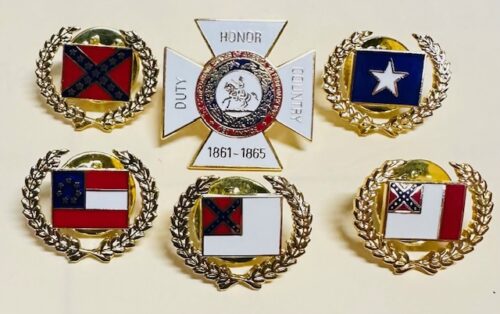 These beautiful Confederate lapel pins are MADE IN AMERICA. Available in Southern Cross (measures 7/8" x 7/8"), I Pledge Allegiance to these Flags (7/8" x 7/8"), 1st National, 2nd National, 3rd National, Bonnie Blue or Battle Flag. All flag wreath lapel pins measure 3/4"W x 5/8"H with clutch back. These are beautiful pins!
These beautiful Confederate lapel pins are MADE IN AMERICA. Available in Southern Cross (measures 7/8" x 7/8"), I Pledge Allegiance to these Flags (7/8" x 7/8"), 1st National, 2nd National, 3rd National, Bonnie Blue or Battle Flag. All flag wreath lapel pins measure 3/4"W x 5/8"H with clutch back. These are beautiful pins!

